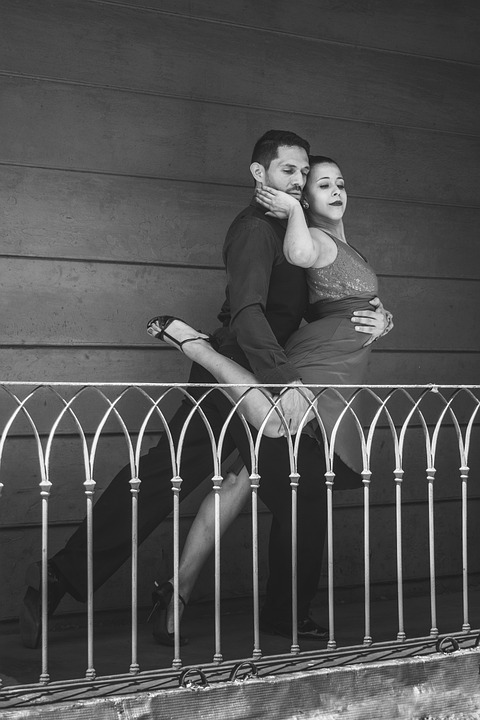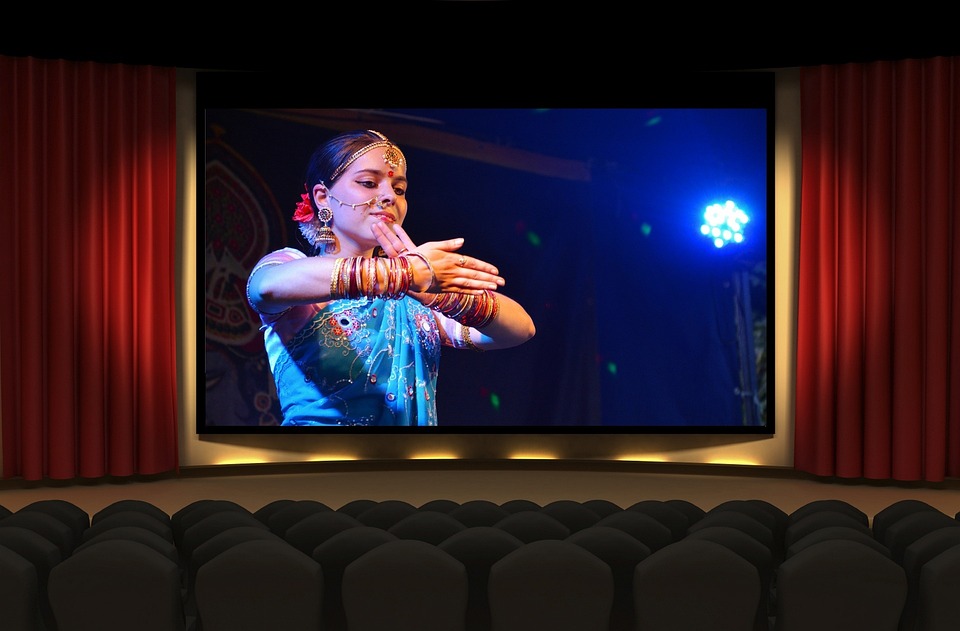Breaking Stereotypes in Nigerian Romantic Drama: Empowering Female Characters
In recent years, Nigerian romantic dramas have gained popularity not only in Nigeria but also in other parts of the world. These films are known for their captivating storylines, beautiful cinematography, and talented cast. However, one aspect of these films that is often overlooked is the portrayal of female characters.
Traditionally, female characters in Nigerian films, especially romantic dramas, were often depicted as weak, dependent on men, and submissive. They were usually portrayed as damsels in distress who needed to be rescued by a male protagonist. This perpetuated harmful stereotypes about women and their roles in society. However, in recent years, there has been a shift in the way female characters are portrayed in Nigerian romantic dramas.
Challenging Gender Stereotypes
One of the ways in which Nigerian romantic dramas are breaking stereotypes is by portraying female characters as strong, independent, and empowered. These characters are no longer waiting to be saved by a prince charming; instead, they are resourceful, resilient, and capable of taking care of themselves. They are shown pursuing their dreams, standing up for themselves, and making their own decisions. This sends a powerful message to audiences, especially young women, that they can be the masters of their own destinies.
One example of an empowering female character in Nigerian romantic drama is Amaka in the film “The Royal Hibiscus Hotel.” Amaka is a talented chef who is determined to follow her passion for cooking and open her own restaurant. Despite facing obstacles and skepticism from her family, she remains steadfast in her goal and eventually succeeds in achieving her dream. Amaka’s story is a refreshing change from the typical damsel in distress narrative and serves as an inspiration for women to pursue their ambitions fearlessly.
Breaking the Norms
Another way in which Nigerian romantic dramas are challenging stereotypes is by depicting female characters in non-traditional roles. In the past, female characters were often relegated to supporting roles or stereotypical characters such as the mother, sister, or love interest. However, in recent films, female characters are taking on lead roles and roles that were traditionally reserved for men. This not only showcases the diversity of women’s experiences but also challenges societal norms about gender roles.
For example, in the film “The Wedding Party,” the character of Dunni is a strong, independent woman who is a successful businesswoman in a male-dominated industry. She is not defined by her relationship with a man but rather by her own accomplishments and ambitions. By portraying female characters in roles that defy stereotypes, Nigerian romantic dramas are sending a message that women can be anything they want to be.
Changing the Narrative
Moreover, Nigerian romantic dramas are changing the narrative around love and relationships. In the past, love stories in Nigerian films often romanticized toxic relationships or portrayed women as needing a man to be happy. However, in recent films, love is portrayed as a partnership between equals where both parties respect and support each other. Female characters are shown as having agency in their relationships and are not afraid to walk away from toxic situations.
In the film “The Figurine,” the character of Monica is a strong-willed woman who refuses to settle for less than she deserves in a relationship. She stands up for herself and demands respect from her partner, challenging the traditional notion of a woman’s role in a relationship. By depicting healthy and empowering relationships, Nigerian romantic dramas are promoting positive ideals about love and partnership.
Conclusion
In conclusion, Nigerian romantic dramas are breaking stereotypes by portraying female characters as strong, independent, and empowered individuals. These characters challenge traditional gender norms, take on non-traditional roles, and redefine love and relationships. By showcasing diverse and empowering female characters, these films are sending a powerful message to audiences about the capabilities and potentials of women. Nigerian romantic dramas have the potential to shape societal perceptions and inspire women to break free from restrictive stereotypes.
As the industry continues to evolve, it is crucial for filmmakers to continue to push boundaries and create more empowering female characters in Nigerian romantic dramas. By doing so, they can contribute to a more inclusive and equitable society where women are treated as equals and are given the opportunity to thrive. Nigerian romantic dramas have the power to empower and inspire women both on and off the screen, and it is important to harness that power for positive change.




